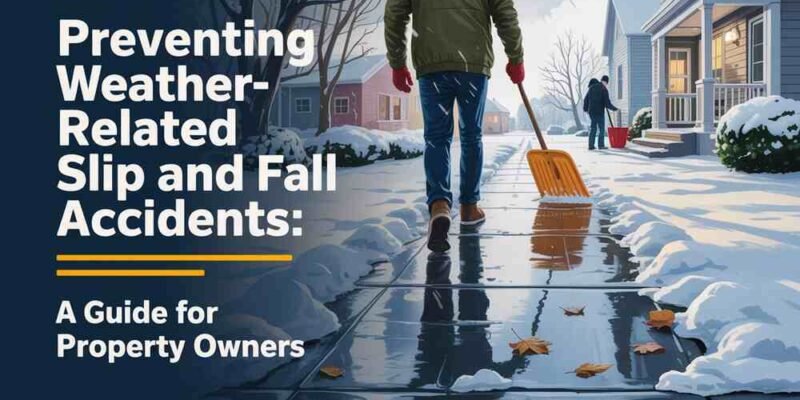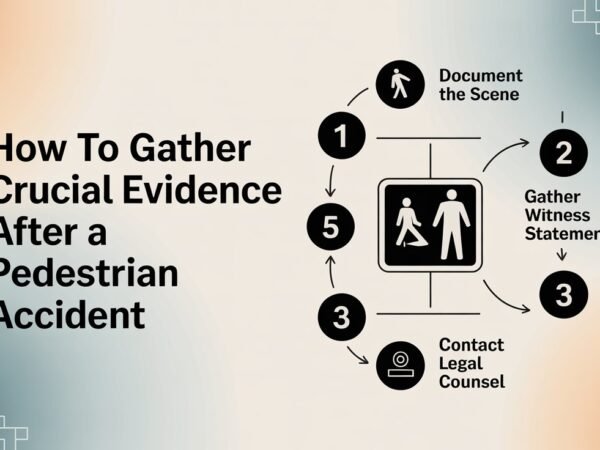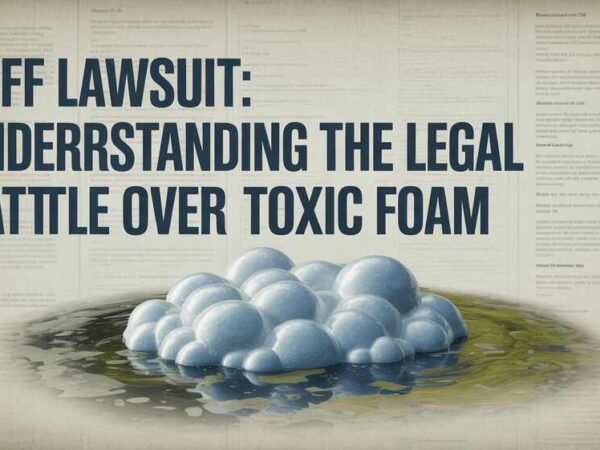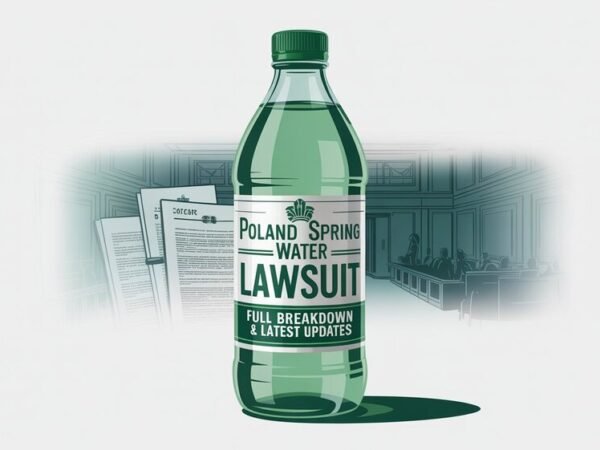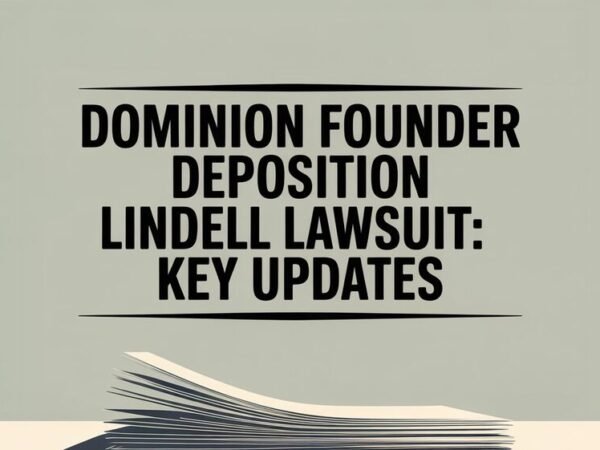Slippery walkways, wet floors, and hidden hazards caused by weather can turn an ordinary day into a dangerous one for tenants and visitors. Rain, pooling water, damp leaves, and other conditions can lead to serious injuries. For property owners, understanding their responsibility in these situations is essential. Preventing slip and fall accidents is not only about reducing legal risk but also about maintaining a safe and respectful environment for all. If you are unsure of your obligations or face a legal question about liability, consulting with a St Petersburg slip and fall lawyer can help clarify your responsibilities and options. This article outlines practical steps property owners can take to minimize hazards, meet their legal obligations, and protect those who use their property during adverse weather conditions.
Legal Duty to Maintain Safe Premises
Property owners have a duty under premises liability law to keep their property reasonably safe for individuals who are legally on the premises. This obligation includes taking reasonable precautions during and after inclement weather. Whether you manage a commercial shopping center, a multi-unit residential building, or a single rental home, your legal responsibility is to prevent foreseeable harm.
Owners must address conditions they are aware of or should have been aware of through regular inspections. This includes identifying slippery areas, cleaning wet floors, and repairing or marking dangerous surfaces.
Regular Maintenance and Inspection Procedures
One of the most effective ways to prevent slip and fall incidents is by establishing a consistent inspection and maintenance routine. This includes checking for puddles near entrances, ensuring walkways are clear, and maintaining functional drainage systems to prevent water accumulation. Property managers should schedule routine checks during bad weather and especially after storms.
For commercial properties, cleaning logs and inspection records should be maintained as documentation of due diligence. Residential owners should regularly inspect entryways, sidewalks, and stairs to ensure they are safe for tenants and guests.
Responding to Weather Conditions Promptly
Time is a critical factor when dealing with weather-related hazards. While property owners are not expected to remove every hazard the moment a storm begins, they are expected to respond within a reasonable time frame once a risk becomes apparent.
For instance, if heavy rain causes water to accumulate inside a building’s entryway, it should be mopped promptly, and warning signs should be posted until the area is dry. Failing to take action within a reasonable timeframe could be considered negligence in the event of an injury.
Interior Hazards: Floors and Entryways
Inside the property, wet flooring caused by foot traffic, leaking roofs, or poor ventilation can be just as dangerous as outdoor conditions. Placing non-slip mats near entrances, using caution signs when cleaning, and promptly addressing spills or leaks can help minimize these risks.
Tile floors and other slick surfaces are especially hazardous when wet. Using textured floor coverings or anti-slip treatments can reduce the likelihood of accidents.
Outdoor Areas: Sidewalks, Driveways, and Walkways
Outdoor areas require just as much attention. In states like Florida, wet leaves, moss, algae, and pooled rainwater can create slip hazards. Property owners should regularly clean outdoor surfaces, trim vegetation that causes debris buildup, and ensure proper drainage to maintain their property’s appearance and functionality. If a walkway is particularly susceptible to becoming slick after rain, applying anti-slip coatings or textured surfacing can be a worthwhile investment.
Communication with Tenants and Visitors
Providing clear communication to tenants and visitors about potential hazards helps prevent accidents and demonstrates a proactive approach to safety. Warning signs, verbal reminders, or community-wide messages during storms can help people stay aware of the conditions.
When possible, tenants should be informed about areas to avoid or encouraged to report hazards they notice. This partnership approach improves safety and shows a commitment to occupant well-being.
Understanding Local Regulations and Ordinances
Many municipalities have local ordinances regarding maintenance responsibilities, especially in commercial zones or densely populated residential areas. Property owners must be familiar with their city or county’s regulations concerning stormwater management, sidewalk upkeep, and general safety requirements. Failing to meet these local standards can result in penalties and can also be used as evidence of negligence in a legal claim if an injury occurs.
Preparing for Liability Claims
Despite best efforts, accidents may still occur. In these cases, thorough documentation is critical. Property owners should keep records of maintenance efforts, repairs, inspections, and tenant communications. Surveillance footage, cleaning logs, and weather reports may also prove helpful if liability is questioned.
Creating and maintaining an incident response plan ensures that accidents are handled consistently and effectively. Employees or building staff should know how to respond to injuries, complete incident reports, and document conditions at the time of the event.
Why Prevention Matters
Slip and fall accidents can result in serious injuries, including fractures, concussions, and long-term mobility issues. In addition to legal consequences, these incidents can damage a property’s reputation and relationships with tenants.
Preventing accidents reflects good business practices, respect for tenant safety, and an understanding of legal responsibilities. It also reduces insurance claims and legal expenses over time.
Conclusion
Property owners play a key role in preventing weather-related slip and fall accidents. By implementing regular maintenance routines, responding promptly to hazards, maintaining safe walkways and interiors, and keeping accurate records, owners can significantly reduce the risk of injury. Awareness of local regulations and clear communication with tenants further strengthen safety efforts. If a claim does arise, working with a St Petersburg slip and fall lawyer can help ensure that legal responsibilities are met and that your property is well-prepared to defend against liability.
Do Read: How to Build a Strong Defense Against Homicide Allegations


